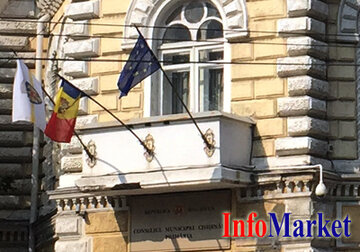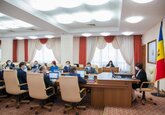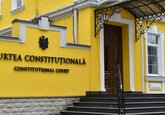
The Constitutional Court of Moldova declared unconstitutional the amendments to the law on the National Integrity Agency, adopted by the parliament on December 16, 2020.
This decision was made by the Constitutional Court on Tuesday after considering the petition of the deputy of the PAS party Sergiu Litvinenco. He challenged in the Constitutional Court the amendments to the Law on the National Integrity Body, according to which in Moldova, the term for the control of property and personal interests of officials and deputies is reduced from 3 years to 1 year after the termination or expiration of their term of office. The amendments also stipulated that the process of control of property and personal interests by integrity inspectors can be carried out during the period of execution of powers, state or responsible state positions, and for 1 year after the termination or expiration of their term of office. Prior to this, the period provided by law was 3 years from the date of expiration or termination of powers. According to other approved amendments, disciplinary action could be applied only after a final decision was made in accordance with the terms of special laws governing disciplinary liability. The Constitutional Court noted a violation of the procedure when adopting these amendments, since they did not go through the discussion for the second reading and were adopted in two readings in one day with a small interval, although the Parliament's Rules of Procedure provide for a 10-day period for the deputies to submit proposals for amendments. The Constitutional Court declared this law unconstitutional on the basis of violation of several provisions of the Constitution at once, including on free access to justice and on the adoption of laws and resolutions by parliament. The National Integrity Agency welcomed the decision of the Constitutional Court to declare the adopted law unconstitutional, calling it fair and impartial, and the adoption of this law was regarded as a veiled desire to restrict the activities of integrity inspectors in the context when they showed courage and published conclusions and results on the first high-profile cases. // 21.09.2021 — InfoMarket






